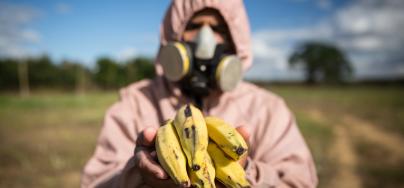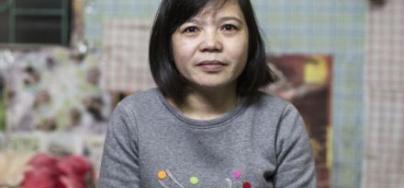
mujeres trabajadoras
-
 1 May 2020
1 May 2020 -

Time to care
20 January 2020 -

Not all gaps are created equal: the true value of care work
14 January 2020 -

The public service heroes who know the true cost of inequality
21 January 2019 -

About the campaign
20 June 2018 -

Reward work, not wealth
22 January 2018 -

“One pair of shoes that we make is valued more than our whole month’s salary”
12 January 2018 -

“Tuzamurane”: women pineapple farmers ‘lift one another up’ in Rwanda
6 March 2017 -

Why the majority of the world’s poor are women
2 March 2017 -

How rural women are adapting to climate change in Latin America and the Caribbean
10 December 2014